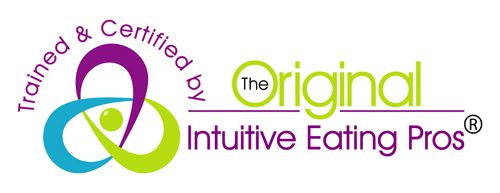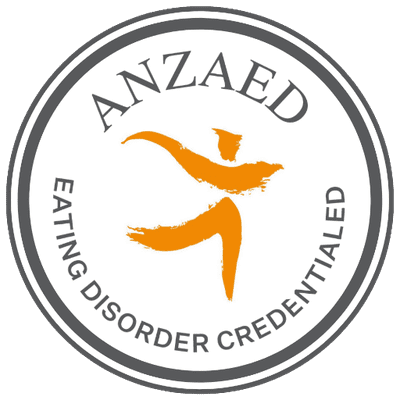DIET AND NUTRITION CAN HAVE A DIRECT IMPACT ON CHRONIC PAIN
Chronic pain is often a complex condition which nutrition can have a direct impact on.
Chronic pain is often a complex condition which nutrition can have a direct impact on through:
There are two types of fats that seem to have a significant impact on inflammation and pain in the body. These two fats compete for the same enzymes and they work in opposite ways. Omega-3 fats reduce inflammation and Omega-6 increases inflammation (Goldberg 2007). Eating more omega-3 than omega-6 (some research suggests a ratio of 4:1 is optimum) is needed to see the benefits.
Oily fish is an excellent source of omega-3, however, plant sources of the essential oil have limited benefits in the body. A dietitian can help you get the right mix of fats to give you greatest benefits and advise if a supplement is needed.
People with chronic pain may be at increased risk of weight changes through reduced ability to move freely and be active, eating for comfort, greater reliance on convenience foods and the effect of hormone changes and tiredness on appetite. Carrying excess weight may put greater stress on joints, promote inflammation throughout the body and contribute to psychological stress (Zdziarski 2015). Losing excess weight has been reported to reduce pain, inflammation and depression while sleep quality improved (Senna 2012)
Unintended weight loss can lead to loss of lean muscle and strength, tiredness and risk of nutritional deficiencies. A dietitian can help you make every mouthful count so you don’t need to eat large quantities when your appetite is reduced.
An untreated food allergy or intolerance can lead to symptoms that can exacerbate pain. Symptoms of food allergies and intolerances can include migraines, muscle & joint pain, fatigue and sleep disturbances, eczema and rashes, reflux and nausea, abdominal cramps and bloating, constipation and diarrhoea (Skypala 2015, ASCIA 2014). A specialist allergy dietitian can help you identify any links between your symptoms and food.
Cooking may be the last thing on your mind when you are tired and are in chronic pain. A dietitian can suggest lots of ideas for healthy and nutritious food that is either quick or simple to make yourself or identify good ready-made and take-away alternatives. Eating a limited diet can put you at risk of nutritional deficiencies. A dietitian can identify the nutrient deficiencies you are at most of and advice on the best foods to boost your intake.
There is a lot of information in the media about supplements and particular foods which may help or hinder chronic pain. But not all of this information is accurate. Our dietitians regularly assess the evidence to identify the approaches which likely to be the most effective without causing additional harm.
For example, anti-inflammatory effects of turmeric have been well-documented but research has shown the benefits are likely to be only seen when taking a supplement of the active ingredient curcumin. If you are on any medication however you should check with your GP before starting a supplement – Turmeric/Curcumin is known to interact with 75 medications! Other supplements such as high-dose antioxidants can be toxic to the body and worsen symptoms so dietary sources are your best bet!
Choosing the right diet for you is a personal decision which should take into consideration your lifestyle, food preferences and medical history. A dietitian can guide you through that process and identify the diet most likely to work for you as well as provide lots of practical information to get you started and stay on track such as recipes, meal plans and shopping guides.

Anna is an Accredited Practising Dietitian and director of My Nutrition Clinic who has worked for over two decades in the development and delivery of weight related programmes for adults and children. Anna has a Masters of Nutrition and Dietetics along with a Masters in Public Health and has worked in both Australia and London (UK).
Favourite nutrition areas:
Weight management
Bariatric surgery
Depression
Eating Disorders
Gut issues



Tess is an Accredited Practising Dietitian who graduated from Griffith University and grew up in Queensland. Tess is passionate about working with people and building trusting relationships by providing accurate nutrition information that helps people reach their goals. Tess is great at making people feel at ease talking about their diet and health goals and is great at explaining how food and nutrition impact health. Tess has an interest in:
IBS and other gastrointestinal conditions
Weight management
Endometriosis
Women's health
Chronic disease management
Home Enteral Nutrition (HEN)


